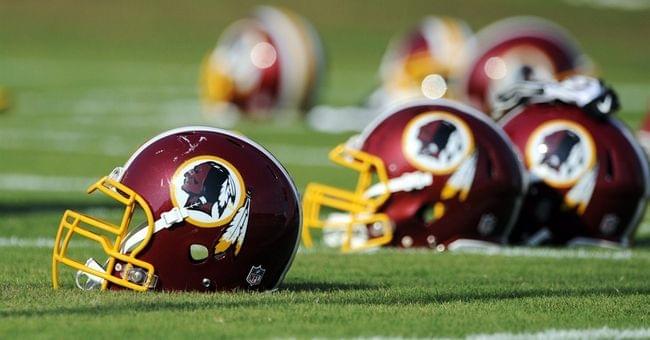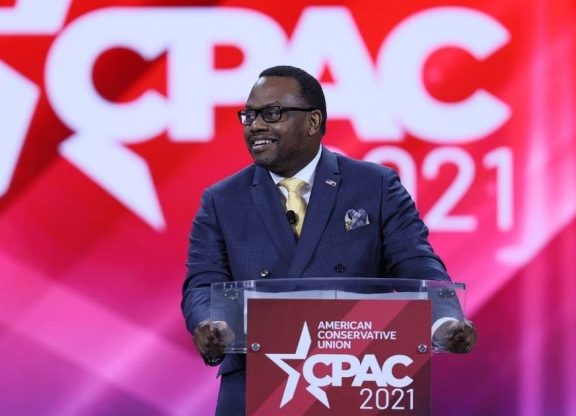Defending Property Rights is a Uniquely American Duty

There’s no shortage of piling-on when it comes to the controversy over the name of the Washington Redskins football team. But too often overlooked is the government’s response to all the noise. The U.S. Patent and Trademark Office (PTO) created a fatal contradiction for itself when it announced on June 18 that it would cancel the trademarks of the Washington Redskins. In handing down the decision, the PTO claimed the name was disparaging. However, a Freedom of Information Act request showed that nobody complained to the PTO about being disparaged by the name, revealing the decision as entirely subjective.
The pro-Redskins arguments that take on the false hope that the name was meant to honor Native Americans are elementary and almost as offensive as the name itself. The real issue boils down to the one that essentially launched the republic: whether we are a nation of laws or a nation of men. Is the rule of law inviolable or is it elastic depending on who is in charge of government? If the Obama administration or any future administration can direct bureaucrats to unilaterally determine that which is disparaging, there is no end to abuse. It’s a powerful issue, one that is only a few short steps from the novel Fahrenheit 451 and the question of who determines which books are to be burned.
Should Quentin Tarantino lose his property rights associated with the movie D’jango Unchained because it contains offensive racial dialog? Can the trademarks and copyright associated with certain works by Mark Twain (Samuel Clemens for you English Lit majors) be revoked because they contain racial epithets? Are composers and performers of songs that include disparaging references to people of different racial groups or sexual proclivities at risk of losing the protections previously granted through trademarks and copyright? As an African-American man, I’m not crazy about words like ˜negro’ or ˜colored’ so perhaps the PTO needs to take action against the trademarks of the United Negro College Fund and the NAACP.
This is not an issue of who can be the least offensive. For more than 75 years the Redskins name was socially acceptable and enjoyed trademark protections (though a similar PTO decision was overturned on appeal by the team). Via that protection, the name and the Redskin brand grew into valuable property.
Alas, an enforcement arm of the United States government now refuses to continue to protect the $1.7 billion property of team owner Dan Snyder because of a couple of public opinion polls and a capricious administration. Has the collective right of a slice of our citizenry not to be offended trumped trademark protection for Snyder’s property “ especially when the government protected that property in the first place?
Not protecting the Washington Redskin trademark because it offends people is nothing more than a form of eminent domain; emotional eminent domain. Collectively, the government wants to strip Snyder of trademark protections for his property under the guise of the public good. And, in this case, the government today believes the public good is to avoid offense, but this action only deprives Snyder of due process. Adding insult to injury, the government wishes to take this trademark protection without any form of compensation. As for whether Snyder may decide to change anything about the name of his football team to maintain his property rights protections, one wonders if the PTO would reverse itself should Snyder keep the name but change the mascot from an American Indian to a redskin potato. The notion is no less absurd than the PTO ruling.
I and other black Americans understand thoroughly that words can leave deep wounds. But I am an American first and black second. As citizens in a nation of laws, it is not only 100 percent American to protect private property, speech and ideas that we find abhorrent; it is almost anti-American not to do so. Protecting the repugnant and the offensive, whether they are rich or poor, is not only our duty. It is what makes us uniquely American.


